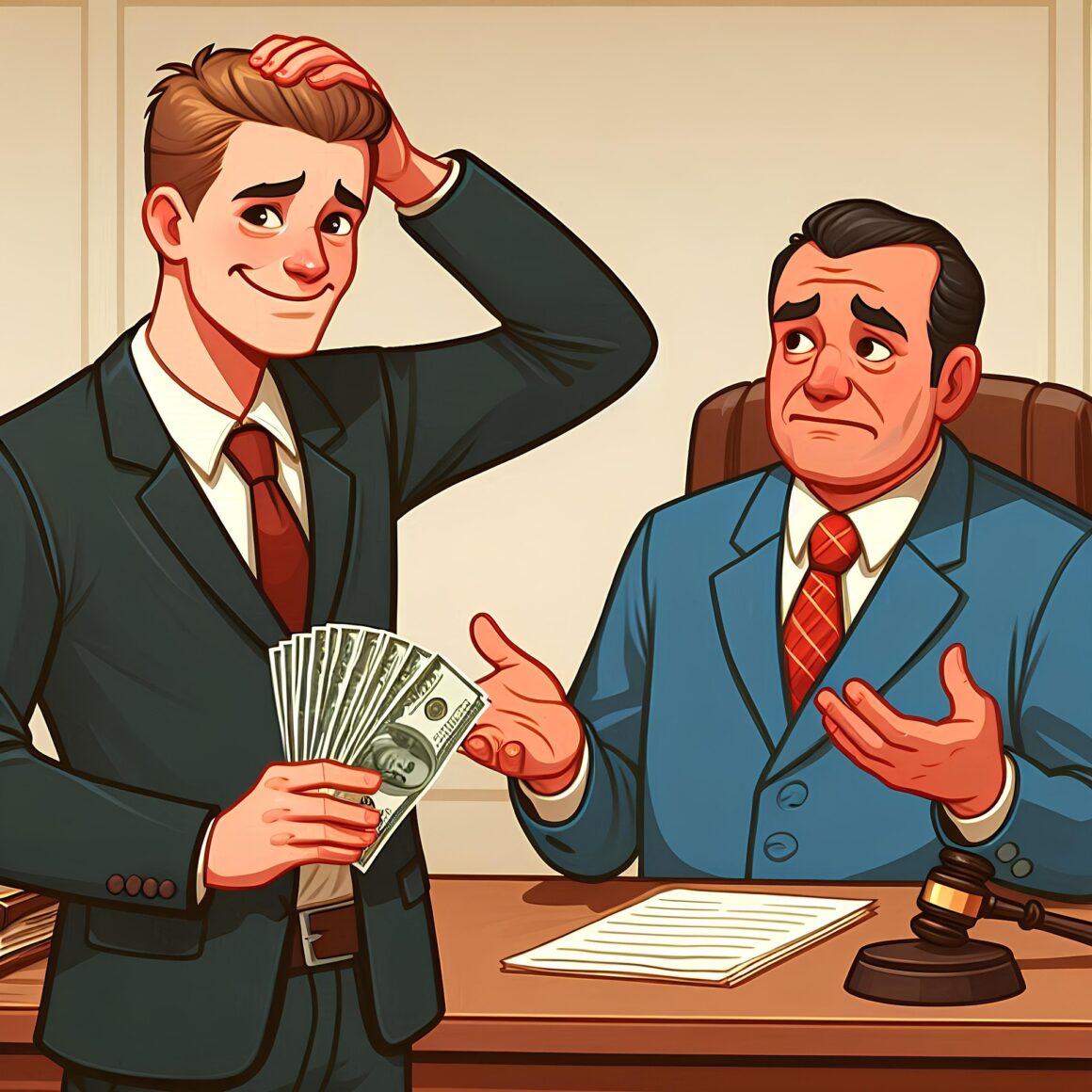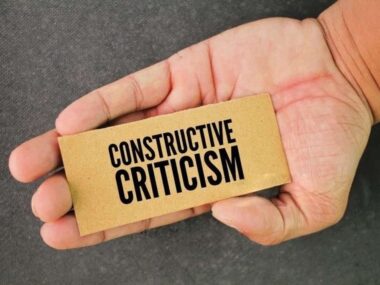When Platforms Bow to Pressure
Itch.io just removed all adult games from its browse and search pages. Why? Because payment processors like Visa, Mastercard, and PayPal are leaning on them, thanks to pressure from the activist group Collective Shout. This is the same group that targeted Steam over a graphic game called No Mercy, which depicted sexual violence and incest. Even though Itch banned No Mercy quickly, the campaign didn’t stop. Payment partners warned the platform that any adult content, even legal adult content, was a risk. Itch.io had no choice: comply or lose the ability to process payments entirely.
If Steam, a giant in the gaming industry, caved to these demands, it’s no surprise that Itch would follow. Here’s the part that sucks: these developers are not breaking the law. We’re talking about games that may be immoral to some but are not illegal. Yet, an organization based in Australia has managed to influence what Americans can and cannot buy. Shouldn’t the fairer solution be to block adult content regionally rather than erase it globally?
Where Does This End?
I don’t play the kinds of games that are being removed, but I believe adults should have the right to make them, and play them, if they want. Steam once claimed it would allow any game that didn’t break the law. In 2025, that promise crumbled. The question is, where does this censorship stop?
Do we start banning games that feature slavery? Should Grand Theft Auto be next because you can shoot police officers? What about Game of Thrones, with its incest and sexual themes. Does Collective Shout have a problem with that too? Will television, books, or films be next on the chopping block? The entertainment industry is full of content that someone, somewhere, would find immoral but not illegal. Do we let payment processors dictate all of it?
The Bigger Picture: Project 2025
There’s another layer to this, and it’s not pretty. Project 2025, a conservative policy agenda for a potential future Republican administration, explicitly calls for criminalizing pornography. It doesn’t stop there: the proposal recommends punishing producers, shutting down tech companies that distribute adult content, and even redefining comprehensive sex education as “pornography.”
When you look at this landscape, it’s easy to see why Steam and Itch might have given in so quickly. They’re trying to lay the groundwork to avoid even bigger fights down the road. The culture war around adult content isn’t just about games anymore. It’s about control over what adults are allowed to see, create, or consume.
Payment Processors as Gatekeepers
The real issue here isn’t just Itch or Steam. It’s the financial powerhouses behind them. Visa and Mastercard have long had vague, opaque rules about “acceptable” adult content. They rarely spell out what crosses the line, leaving platforms to err on the side of caution. The result is over-removal: perfectly legal content gets swept away just to avoid a total shutdown of payment services.
Here’s the truth: we can’t just stop using these payment processors. Who uses cash for digital games? Banks still funnel payments back to Visa and Mastercard. Consumers are trapped in a system where a handful of corporations get to decide what’s allowed. Another reminder that, when push comes to shove, consumers have almost no leverage.
Who Gets Hurt the Most?
When NSFW content is scrubbed off platforms, marginalized creators are often the first to feel the pain. Queer and LGBTQ+ developers frequently explore sexuality in ways that mainstream platforms consider “too risky,” even if it’s not explicit or offensive. These stories, often personal and deeply meaningful, get erased alongside the content that advocacy groups are campaigning against.
This crackdown isn’t just about controversial or extreme games; it’s about silencing voices that don’t fit neatly into the sanitized vision that payment processors prefer. When platforms like Itch.io are forced to comply, the indie gaming space loses some of its diversity and creativity. We risk ending up with a marketplace where the only games that survive are the ones that look safe enough for a credit card company’s PR department.
We’ve Seen This Before: Tumblr’s Collapse
If this feels familiar, it’s because we’ve already seen what happens when adult content gets erased overnight. Back in 2018, Tumblr banned all NSFW content after facing pressure from Apple and payment processors. The result? Tumblr’s user base collapsed. Creators left in droves, engagement plummeted, and the site has never recovered its cultural influence.
The Tumblr ban didn’t just remove explicit content. It wiped out art, queer representation, and entire communities that thrived on the platform. It became a cautionary tale of how corporate fear, combined with opaque financial rules, can gut a creative ecosystem. If Steam and Itch keep moving in this direction, the indie game space could face the same repercussions.
What About Refunds for Delisted Games?
What happens to folks who already bought a game before it disappeared from the store? As of now, there’s no automatic refund for customers whose purchases are deindexed or even permanently removed on either Itch.io or Steam.
On Itch.io
Itch has clarified that “deindexed” games still appear in buyers’ libraries and can be redownloaded unless the creator removed the files or the page was suspended during the audit. However, while Itch denies outright that it’s withholding payouts to creators, several reports suggest that games labeled as violating terms have led to withheld payouts and possibly disrupted access or refunds for buyers. There’s no standard policy ensuring refunds.
On Steam
Steam’s general refund policy remains the same: buyers may request refunds within 14 days of purchase and under two hours playtime, regardless of a game’s removal status or publisher issues. The responses from Steam users on Reddit suggest that, depending on the situation and timing, refunds are possible but not guaranteed. One user noted that even after multiple denial attempts, a request may still go through if support escalates the case.
Why This Matters
Without clear refund guarantees, customers risk losing not only access but money too. For games removed due to the NSFW audit, it means some buyers might still be stuck with lost purchases if support denies a refund request. Or worse, if the files are suspended entirely.
For consumer rights and developer trust, this lack of clarity is a serious problem. Until platforms, or ideally legislation, make a fair refunds policy mandatory for legal but deplatformed content, buyers remain vulnerable.
What Can We Do?
Let’s be honest: boycotting payment processors isn’t realistic. We don’t have that kind of power. We do have a voice. If anything, this should wake people up to the fact that financial institutions are acting as de facto censors. The only real solution is legislation that protects consumer rights and ensures that legal content remains accessible.
Until that happens, we’ll keep seeing this slow erosion of choice. Today, it’s NSFW games. Tomorrow, it might be something you care about.
If platforms like Steam and Itch can be forced to censor legal content, then we need to ask a hard question: who’s really in charge of what we’re allowed to play, watch, or create? Until consumers push back for stronger protections, the answer will be the same. Corporations, not us.





